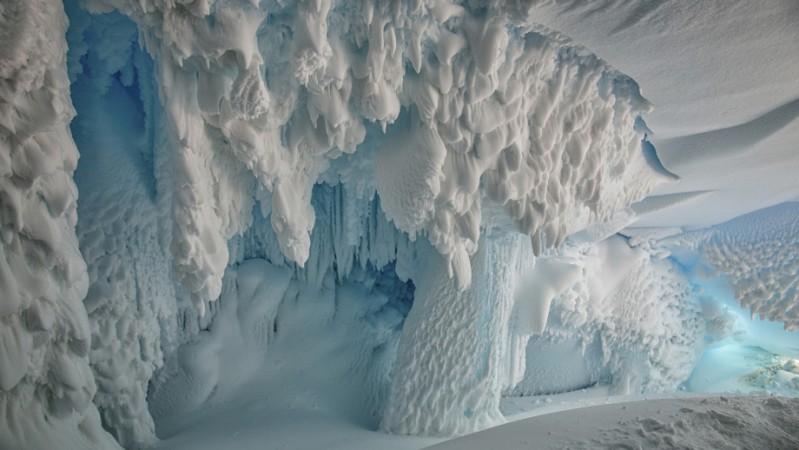A rapid retreat of glacial grounding lines has been observed in Antarctica and is a cause for concern as a contributing factor towards global sea level rise.
Only a mere 1.9 percent of all glaciers in the Antarctic are showing net growth, while 10.7 percent of them are retreating at an alarming rate. Glaciers melting fast means sea levels will also rise fast. Also, 80 square miles of ice is being lifted off the sea floor and left to float into the ocean every year because of the grounding line retreat. To put that in context, about four times the size of Manhattan- every year.
If all of Antarctica melts, seas will rise by 200 feet around the world, according to a new study by a team of researchers from the University of Leeds and University College, London.
Grounding lines are defined as the point at which the sea, ice, and bedrock meet. It is also the point from which ice is seen to float on the water after detaching itself from the sea floor, but still connected to the ice sheet.
The study covered all of Antarctica and focused on the state of grounding lines has found that they are retreating inland, exposing more and more ice to the warm ocean waters. This means the flow of ice from the sheet out into the sea is happening at a rapid rate, reports the Washington Post.
"We were able to quantify more or less all around Antarctica," said Hannes Konrad, the lead author of the research. Using satellite techniques, researchers were able to infer changes to glacial grounding lines, covering 10,000 miles of coastline.

Western Antarctica is the worst-hit with glacier grounding lines retreating at a rate of 300 to 400 meters per year. "Imagine other coastlines changing at an equal speed, that's really massive," explained Konrad.
Grounding lines have been observed to be retreating at a rate that is faster than 25 meters per year in over 10.7 percent of the glaciers. "We find that 10 percent of the Antarctica ice sheet significantly retreating, but we can't somehow extrapolate sea level rates that come from that," Konrad said. "But to say 10 percent of Antarctica, this massive ice body, is retreating, still should be some sign of warning. It's large."
While it is still not possible to directly quantify the direct sea level rise caused by retreating grounding lines, considering the sheer size of the continent, it is still a matter of concern, notes the report.
The research paper was first published in the journal Nature Geoscience.










